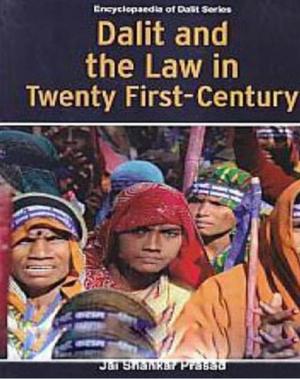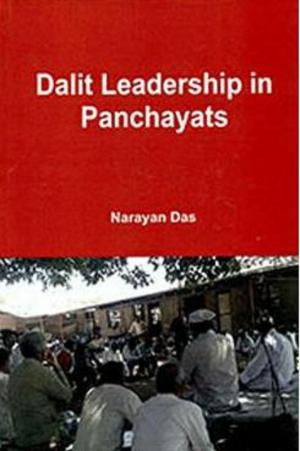| Author: | Pragya Singh | ISBN: | 9789387846012 |
| Publisher: | Centrum Press | Publication: | June 30, 2014 |
| Imprint: | Centrum Press | Language: | English |
| Author: | Pragya Singh |
| ISBN: | 9789387846012 |
| Publisher: | Centrum Press |
| Publication: | June 30, 2014 |
| Imprint: | Centrum Press |
| Language: | English |
The Indian society has been the caste system and its inalienable practice of untouchability is inter linked and overlapped with the class system. Word Dalit has been defined differently by differently people. According to Victor Premasagar, the term expresses their weakness, poverty and humiliation at the hands of the upper casts in the Indian society. Caste-based discrimination and oppression have been a pernicious feature of Indian society and in the post-independence period its imbrications with politics have not only made it possible for hitherto oppressed caste-groups to be accorded political freedom and recognition but has also raised consciousness about its potential as a political capital. In fact Dipankar Gupta has poignantly exposed this contradiction when he elaborates the differences between Ambedkar and Mandal Commission's view of caste. While the former designed the policy of reservations or protective discrimination to remove untouchability as an institution from Indian social life and polity, the latter considered caste as an important political resource. The book will be of immense help to the students, researchers, academicians, development action planners, administrators and social workers.
The Indian society has been the caste system and its inalienable practice of untouchability is inter linked and overlapped with the class system. Word Dalit has been defined differently by differently people. According to Victor Premasagar, the term expresses their weakness, poverty and humiliation at the hands of the upper casts in the Indian society. Caste-based discrimination and oppression have been a pernicious feature of Indian society and in the post-independence period its imbrications with politics have not only made it possible for hitherto oppressed caste-groups to be accorded political freedom and recognition but has also raised consciousness about its potential as a political capital. In fact Dipankar Gupta has poignantly exposed this contradiction when he elaborates the differences between Ambedkar and Mandal Commission's view of caste. While the former designed the policy of reservations or protective discrimination to remove untouchability as an institution from Indian social life and polity, the latter considered caste as an important political resource. The book will be of immense help to the students, researchers, academicians, development action planners, administrators and social workers.















